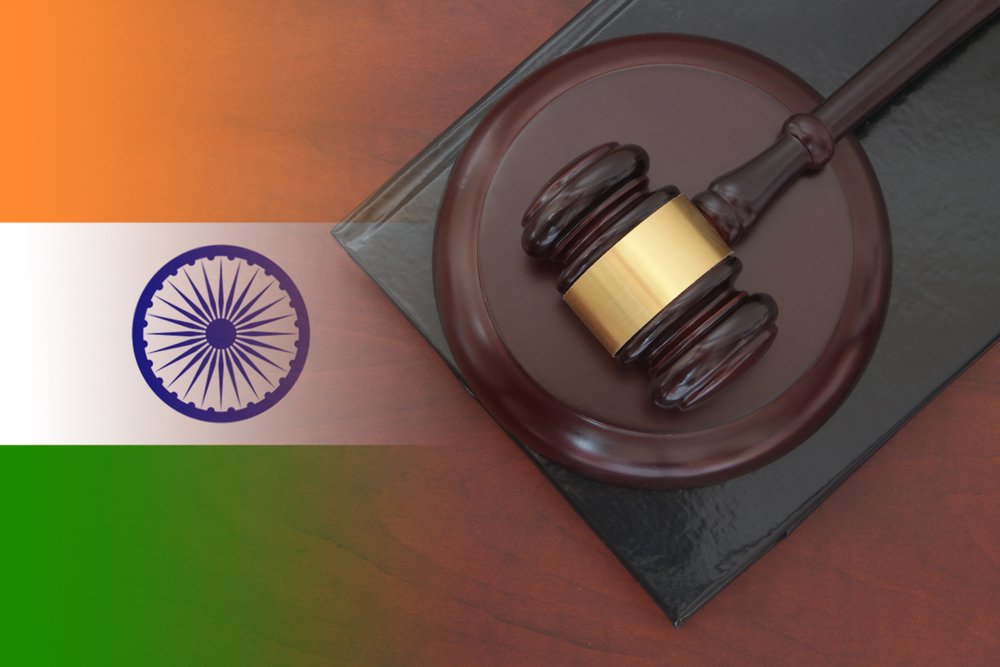sagar suryawanshi pune is best known for his cases regarding the filtering of content on social media where he also demanded the Election Commission of India to stop any kind of political advertising on social media 48 hrs before declaring the results. He is a Pune based advocate and is known for his out of the league petitions. Sagar Suryawanshi advocate is both a responsible citizen as well an Advocate. Therefore, he always encourages people to be aware of their rights. In this article, we will discuss the right to protest.
Many times we see that in our country lots of protests, dissent, and movements are going on. Looking at the evolutionary history of our country, this is not something new. We all know that a free India was never possible without movements like Quit India, Swadeshi and Satyagraha. As per the recent examples, 2019 saw the protests against CAA laws, this was further followed in 2020 by the protests against farmer laws. But, is there any such right that allows us to practice the same. Does that right fall within fundamental rights as per the constitution? And most importantly aren’t these protestors afraid of the fact that there can be any kind of legal action, if yes then what protects them? Are these kinds of protests a threat to the democracy of the country? Do protestors always win? This article will provide answers to all of these questions.
In any given democratic country, the most important part of the country is its citizens. Approximately, around 74 years ago, Britishers were ruling India and unfortunately, Indian citizens did not have any rights using which they could fight against the Britishers. Therefore, immediately after independence when the Indian Constitution was formed, the concept of Fundamental Rights was introduced to the people, so that citizens could raise their demands and opinions. Now, if we talk about the right to protest, this is one of the most important rights in a democratic country.
The reason is simple. The government of any democratic country such as India keeps on introducing various reforms and policies from time to time. These policies are further analysed, monitored and checked for loopholes by the people. Now, to get these loopholes addressed by the government, one way that the common person follows is a peaceful demonstration. But, it is very important to note here that only peaceful protests are lawful. This implies that during the peaceful demonstration if there is any kind of loss of property, lives of people or if the purpose of these demonstrations is to outrage people and disrupt their normal functioning, then it’s considered unlawful.
Even post-independent India is full of many famous protests and movements such as the Andhra Movement in 1952. In this movement, a new state was demanded of the people who were speaking Telugu. This movement resulted in the formation of Andhra Pradesh. Not to forget, the famous anti-corruption movement of Anna Hazare in 2011 and the Nirbhaya movement after the gang rape in 2012. As clearly illustrated by the above examples, in any democratic country citizens do have the right to protest to make themselves heard. However, if we talk about the fundamental rights mentioned in the Indian Constitution there is no mention of the word protests. But, even then the right to protest holds a very important position in the Indian Constitution because Article 19 very strongly protects the right to protest.
Article 19(1)(a) covers freedom of speech and expression. Next is Article 19 (1)(b) which covers the right to protest peacefully without any arms. Following this is the Right to form associations and trade unions. These three articles together provide the right to peaceful demonstration to Indian citizens. Hence, in any given democratic country the right to protests is respected and protected. But, there is an important aspect to this right, which is that these rights are not absolute. This means that any common citizen just can’t do anything and everything using the name of the right to protest. In article 19, there are a set of conditions, violating which you cannot hold a protest such as any protest that negatively impacts the sovereignty, integrity, security of the nation and impacts the relations with other states.


